Black characters weren’t often at the forefront in video game casts when I was a kid, but now that they’re a bit more prominent, it’s nice to see. For the first Black History Month of the new decade, let’s have a look back at some of the great black video game characters from the last decade.
Lee Everett (Telltale’s The Walking Dead)
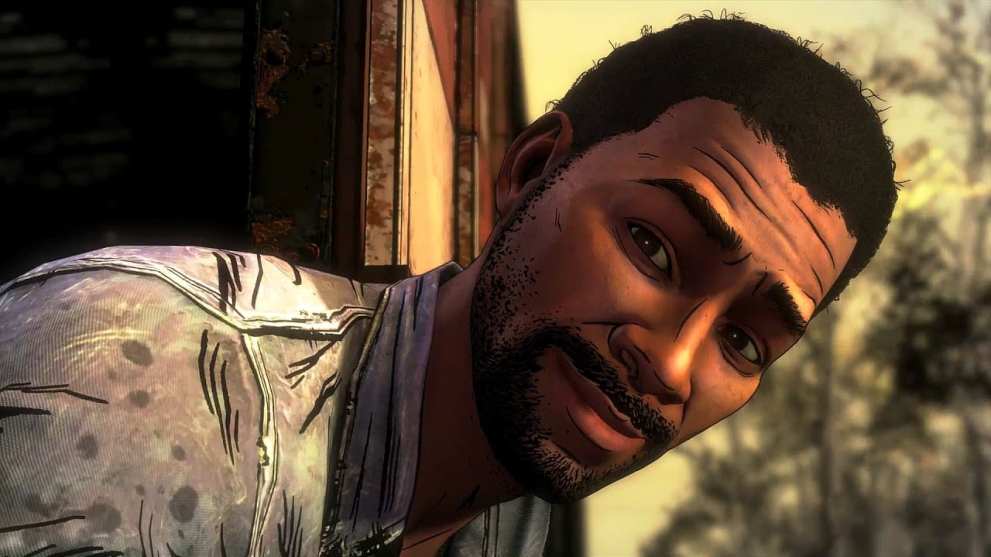
This list wouldn’t be complete without Lee Everett, for many reasons. Lee is one of, if not, the first black protagonist that I was able to play as for a whole game without having to create a character to look like myself. More importantly, even though players influence his actions, he’s well-written.
Lee, along with the others on this list, aren’t walking stereotypes or caricatures. That being said, he does start the game off in the back of a cop car. But you soon find out that he’s a much deeper character than that intro scenario would have you believe.
Voice actor Dave Fennoy brings him to life in a wonderful performance that has you feel for Lee and everything he goes through in The Walking Dead’s seemingly hopeless setting.
Clementine
(Telltale’s The Walking Dead)
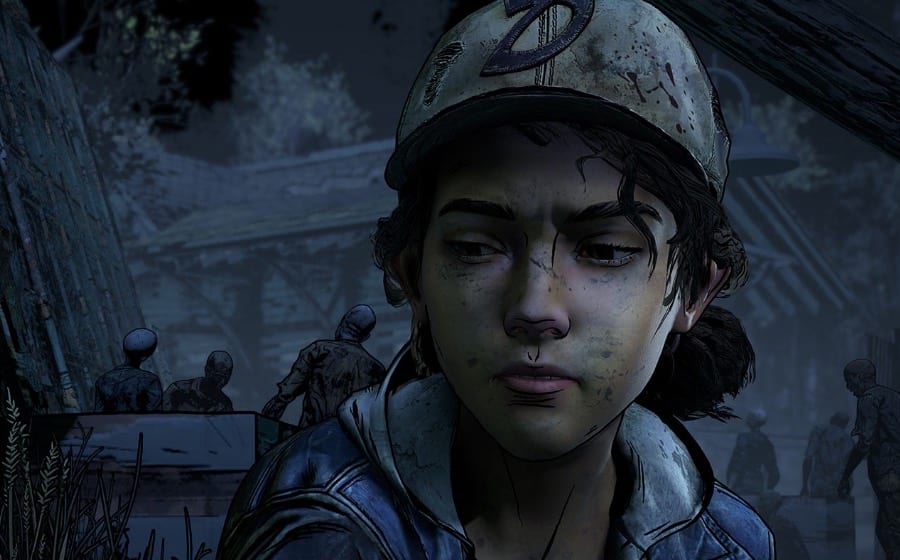
I couldn’t decide between Clementine and Lee for this list, so…why not both? Telltale should really be commended because they gave us, not one, but two loveable black video game characters in the same game. I know that doesn’t sound like a big deal, but trust me, it kind of is.
Clem’s story spans four games from 2012 to 2019, so she’s with you for almost the entire decade. Meeting her at eight years old as Lee in Season 1, and playing as her in Seasons 2 and 4 were all amazing experiences that caused players to get attached to her.
Seeing Clem mature a bit without your guidance in Season 3 was a strangely proud moment as well. She grew up right before our eyes into a little badass during a zombie apocalypse, and it was awesome to see.
Marcus Holloway
(Watch Dogs 2)
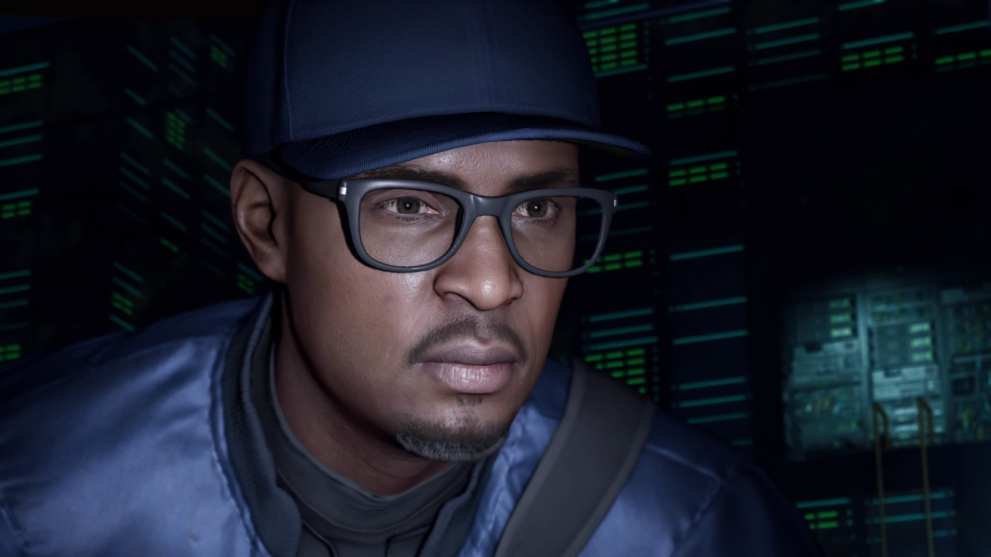
While I truly appreciate Lee Everett, Marcus Holloway’s situation is a bit more relatable. He does try to take down corrupt corporations with his hacker group, DedSec, but looking beyond some of the over-the-top gameplay, Marcus comes across as a regular person above all.
He’s an all-around nerdy guy who, for most of the game, just wants to do the right thing while having a good time with his new friends. His lighthearted nature makes him a protagonist that’s easy to get behind.
However, what makes Marcus relatable as a character is that he speaks on very real situations. When he starts a conversation about feeling uncomfortable in a less-than-diverse Silicon Valley workplace, it feels believable and true to experiences that people have in real life.
Vivienne
(Dragon Age: Inquisition)

First of all, Vivienne’s nickname is Madame de Fer, meaning Lady of Iron. That’s pretty great all by itself, but she’s also a powerful mage and an advocate for an unpopular opinion amongst her kind.
Vivienne knows the potential dangers that come with being a mage. So much so that she believes it’s necessary to put mages in “Circles” where they’re trained and kept under heavy supervision. Just so long as the mages are treated well.
Truth be told, I hardly ever agreed with Vivienne on anything she had to say, but the way she was written as a character made me respect her for how she held on to her values so unwaveringly throughout the game.
David Anderson
(Mass Effect)
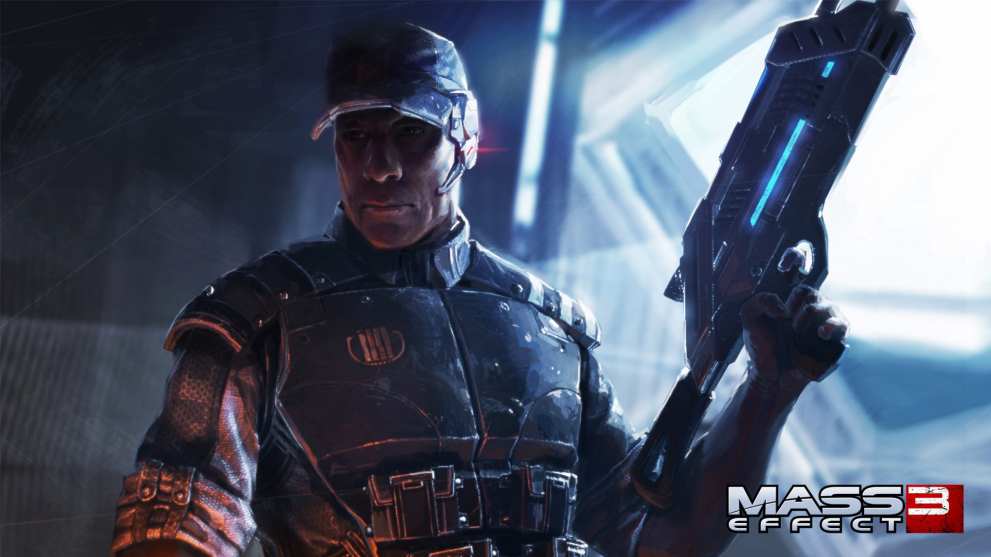
Admiral Anderson’s first appearance was in the original Mass Effect in 2007, but he’s been in two other games in the franchise in the 2010s. Anderson is never part of the main squad, but he feels sort of like a proud uncle who’s always in your corner.
In a video game series full of fascinating aliens, Anderson stands out because of the roles he plays in relation to your Commander Shepard. He’s a mentor, an advisor, and a true friend to the end.
Also, we would’ve never gotten one of the most feel-good DLCs out there in Citadel if not for Anderson. He simply gave Shepard his fancy apartment, which led to a huge party taking place. Yes, a true friend.
Aveline de Grandpré
(Assassin’s Creed Liberation)
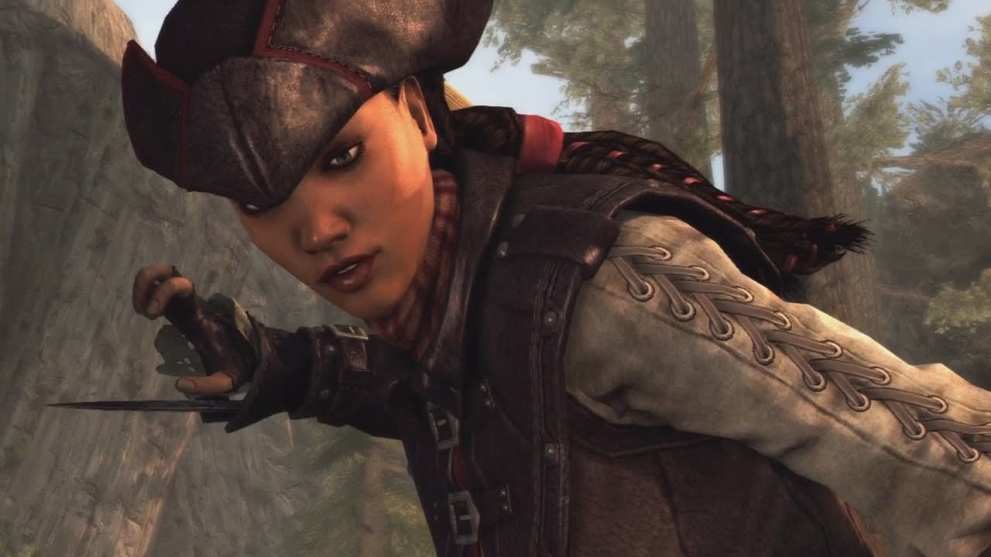
Assassin’s Creed Liberation takes place in Louisiana during the mid to late 1700s. Needless to say, the video game didn’t shy away from showing the racial divides of that time period and how they affected its black characters.
Initially, on the outside looking in, Aveline is actually fairly well off thanks to her wealthy French father. Despite her relatively comfortable situation, she decides to fight for freedom (hence the title) after she witnesses the harsh reality of those racial divides at a young age.
Aveline tries to free a slave at the age of 12 in 1759 New Orleans, then becomes an Assassin thanks to her bravery. If that’s not a cool origin story, I don’t know what is. She’s incredibly selfless in her cause, never hesitating to aid those around her in an attempt to better their situations.
Adéwalé
(Assassin’s Creed IV: Black Flag)
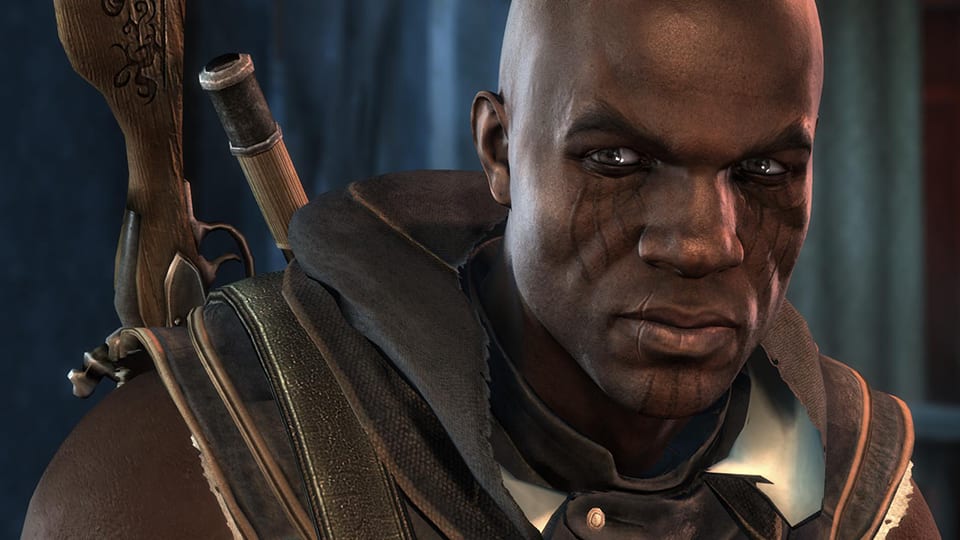
I’m doubling up on another franchise because, quite frankly, these Assassin’s Creed characters deserve it. As Assassins, Adéwalé and Aveline essentially fight against the same oppression, although the former has a deeper first-hand experience with said oppression. He’s been through a lot.
He was born into slavery, then became a pirate of the West Indies, and then became an Assassin who fought for others’ freedom. He goes from being the quartermaster of the player’s pirate ship in Black Flag, to becoming the protagonist in his own standalone title. Talk about growth.
In Black Flag, the bond between Adéwalé and ship captain Edward Kenway is so genuine. Adéwalé is quick to back you up, but also not afraid to tell you how he feels about your actions. When it’s finally time for him to leave your ship after endless hours of sailing, it feels like losing a best friend.
Dandara
(Dandara)
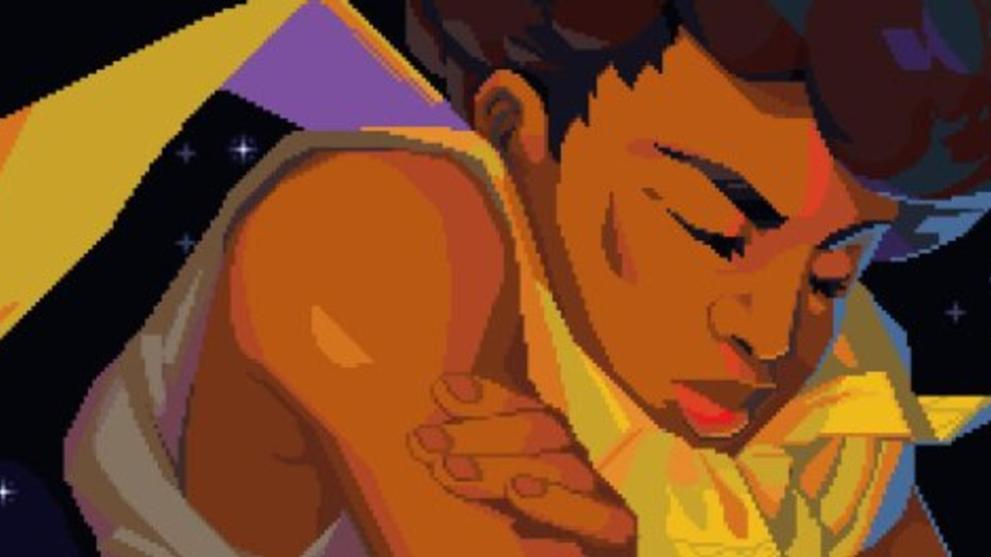
Dandara is yet another character that takes action against unjust hardships, but this time, in a much more mystical setting. Her home is a world with no gravity known as the Salt, and it’s been invaded by the Eldarian Army.
While the Salt’s inhabitants hide away, taking shelter, Dandara literally leaps headlong into action, jumping from walls to ceilings, to floors. She zips around areas to achieve her goal of returning her home to what it once was, and she looks good while doing it.
She’s based on an Afro-Brazilian warrior from the 1600s named Dandara dos Palmares. Much like her historical counterpart, video game Dandara does what she can to free those around her. Many of the characters she meets are filled with hope at the sight of her.
If you have any favorites from the last decade that didn’t make the list, be sure to let us know in the comments below!

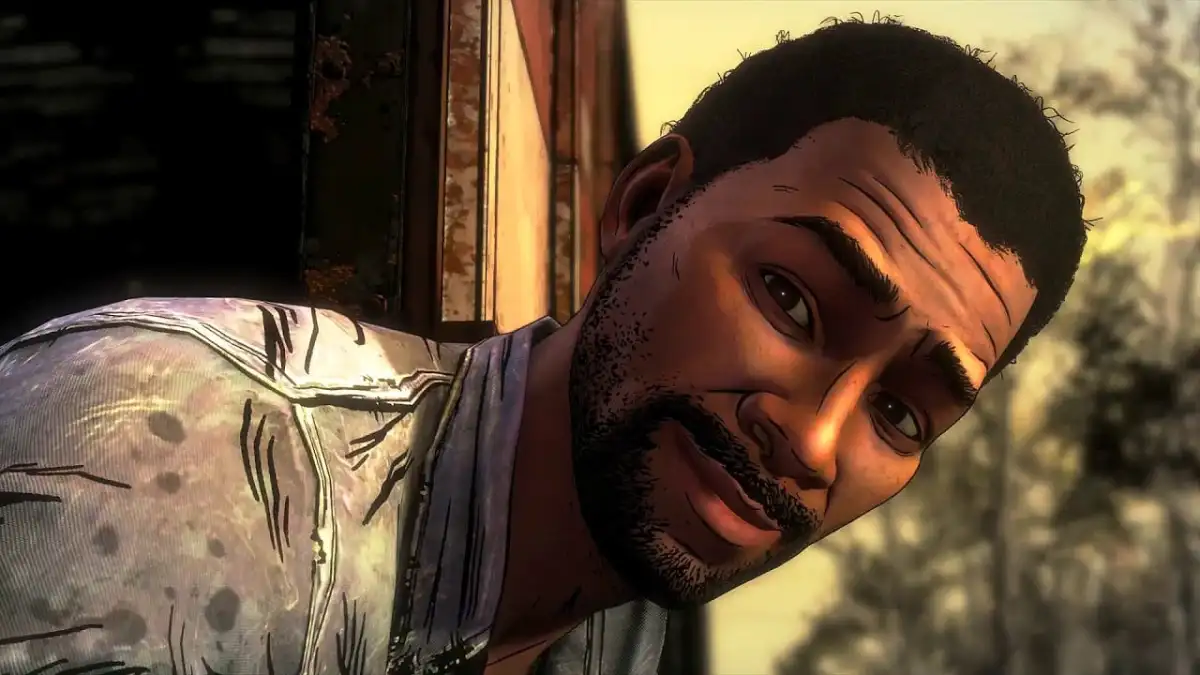











Updated: Feb 7, 2020 12:10 pm